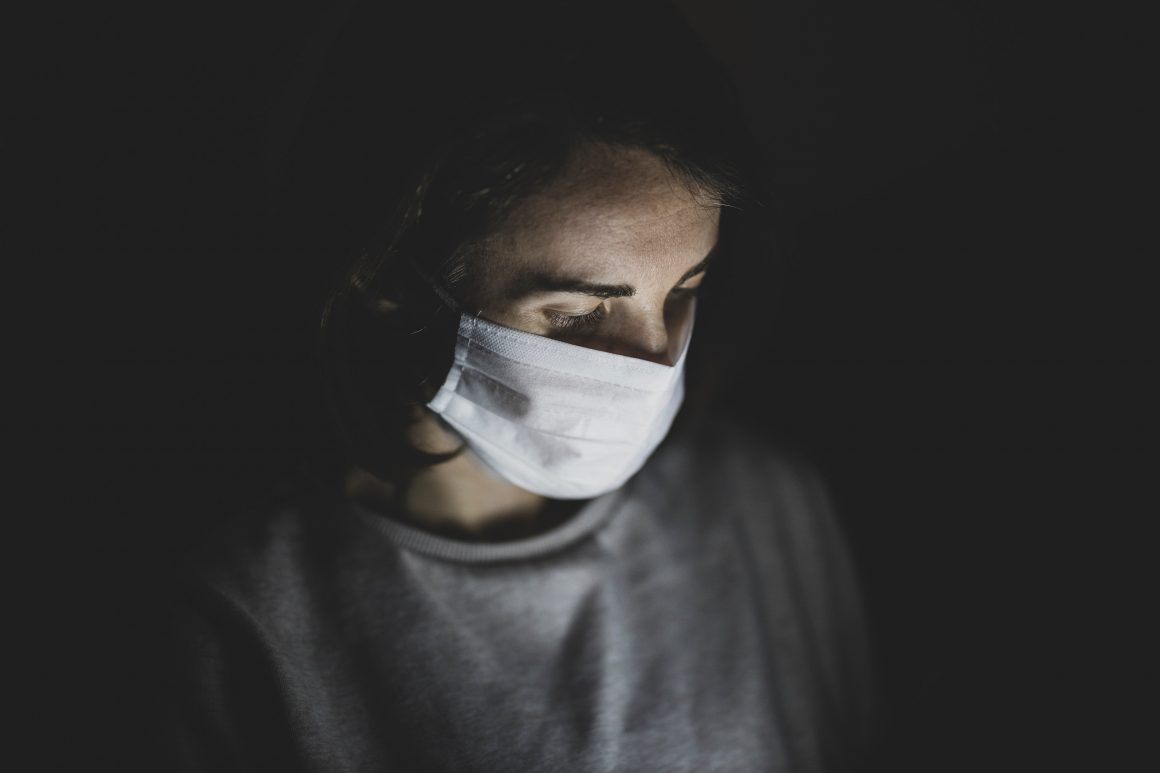
Pandemic fatigue is more real than ever
By Shefali Rai, January 12 2020—
A global calamity forges on – but do we still care? Health care workers are burnt out. Even in October Alberta ranked at the top of all provinces for pandemic fatigue with 53 percent of us feeling exhausted. As a country, we’ve reached a total of 15,000 deaths related to COVID-19. This continuous beat down of the human race seems to have no end in sight with most countries now well into their second wave of infections. So yes, we are drained, unmotivated and downright “over it.”
Pandemic fatigue shouldn’t be confused with post-viral fatigue — which is typically associated with achy muscles, confusion and feeling extremely tired after having contracted COVID-19.
The World Health Organization (WHO), along with Prime Minister Trudeau, admits that if we don’t soon find effective and creative ways of overcoming this pandemic fatigue, it will be a very long and challenging winter for all of us.
Of course, policymakers and government officials in partnership with the WHO have developed strategies to reinforce our spirits and cooperation with protocols. In an effort to keep morale high, the WHO has outlined strategies for governments to follow. Yet, with members of Gen Z being the most susceptible to pandemic fatigue, what strategies are there for young people? And with exams lurking around the corner, how can we cope?
The University of Calgary’s counselling services provide unique solutions to us students. A typical 20-something-year-old usually doesn’t have an entire system of tools curated for them. Fortunately for us students, it’s just a matter of taking advantage of these resources. From online pet therapy sessions to stress management workshops, there’s bound to be a solution for each one of us.
Recently, an interactive “Ask A Counsellor” workshop opened up the floor for students to ask serious questions about the pandemic in a relaxed and non-judgemental online setting. Student Wellness Services Counsellors Danni Lei and Alex Klassen engage with students on a monthly basis with this workshop. For students wanting more anonymity, both Lei and Klassen are also available over email to answer questions about how to access mental health resources or counselling supports.
Lei doesn’t shy away from acknowledging that “[these are] unprecedented and chaotic time[s] for students.” That our “anxiety is valid”, and there is a lot of “uncertainty, confusion and unique stressors impacting all levels [of student life].”
Klassen resonates with Lei and confesses to feeling a rollercoaster of emotions on any given day.
“Some days I keep going and [have] things to be grateful for and other days I’m crushed by it,” Klassen admits.
Lei recognizes, “[that what is] missing in our lives right now is transition periods. “That transit from work and school [is missing].”
“When things are set up normally, we have ritualistic types of things [that] we do to signify the next part of the day. Hopping on a train or car, [we have a] marked transition of going to work [and] a lot of that is broken down when [we] work from home,” adds Klassen.
Both Klassen and Lei agree the first step towards finding solutions to deal with our pandemic fatigue is to acknowledge that it’s hard because of the way the system and environment is set up right now.
Klassen urges us to “start there,” with that acknowledgement, “rather than being too hard on ourselves.”
In terms of conquering our general dismay with this pandemic, Lei offers up a more realistic resolution to this problem. Rather than the usual “keep calm and keep moving on” slogan we hear from the authorities; Lei wants us to “intentionally and consciously create space to think about what we need to meaningfully recharge.”
With the constant bombardment of protocols and advice we are receiving from government officials, Lei suggests we “step back and ask all of ourselves, what might I need to recharge [and take] a meaningful break?”
Klassen promotes this idea of “asking for some kind of self-care. Wholeheartedly taking a night off or playing a game [should be] done from a nourishing place rather than a guilt driven place of feeling bad for watching Netflix,” he says.
But when that pandemic fatigue strikes, Lei believes in “adjusting tasks for the day.” When experiencing a low energy state, she approaches “school and life a little bit differently.”
“Maybe in those moments we are reading articles passively, outlining things versus writing [with] any details [or] intentionally inviting ourselves to go out for longer walks and recognizing that this might be [exactly] what we need,” she discusses.
Klassen also suggests compiling a self-care list.
“Put it on paper…to legitimize it,” he says.
Even though we all know we need to “stay strong,” asking for help when we’re overwhelmed, taking breaks and most importantly, acknowledging our fatigue are necessary first steps to overcoming pandemic fatigue. Whether it’s going for long outdoor walks, taking a slower approach chipping away at our to-do list, or playing your favorite game without feeling guilty – we all need to look inward and keep searching for creative ways to keep our fatigue at bay if we want to see the light at the end of this pandemic tunnel.
More wellness workshops are scheduled to assist students and you can see them here or book single session counselling appointments online.
